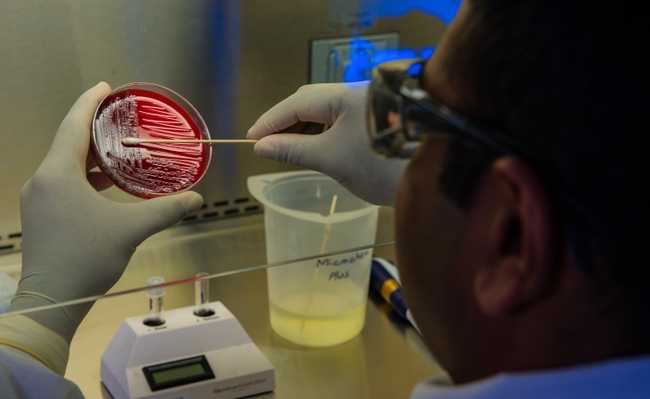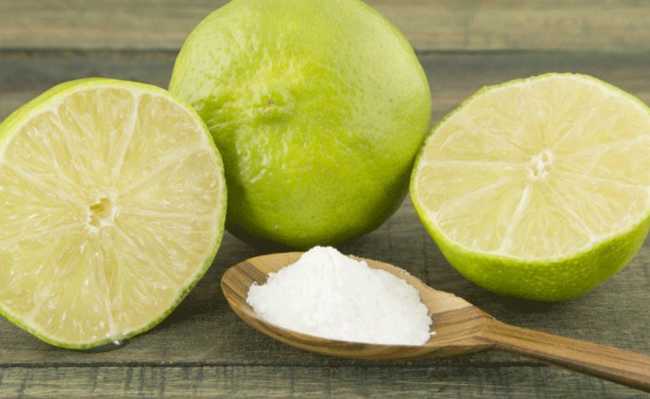What are transgenic foods?
In agribusiness and in the area of bioethics, transgenic food generates intense debate

Genetically modified organisms (GMOs) are, according to the Ministry of Agriculture's definition, any organism that has had its genetic material (DNA) modified through techniques applied by genetic engineering in laboratories. A transgenic is an organism that contains one or more genes artificially transferred from another species. Therefore, within GMOs there is the transgenic group, these terms are often confused, to find out more, access the article "What are the differences between genetically modified organism (GMO) and transgenic?".
The most famous GMOs among the population are transgenic foods whose main objective is to select plants and animals that are more resistant to diseases, pests, pesticides and climate change, and that are also more nutritious and productive. Corn and soy are among the most consumed transgenic foods in the world. There is also genetically modified cotton, which is widely produced in agriculture around the world. Transgenic salmon was the first animal product to be released for human consumption. Modified microorganisms can be used for the production of biofuels, vaccines, fermentation of various products, pollution control, among others.
The Biosafety Law, approved in 2005, establishes norms for the research, production, distribution and commercialization of GMOs. The enactment of this law took place in a context of intense controversy and debate, both in Brazil and abroad, about possible damages and risks to human health and environmental impacts that transgenic products can cause. In particular, environmentalists wanted to ban the sale of such organisms with the modified genetic code.
What do critics and advocates of transgenics say?
Defenders of GMOs, such as the Monsanto company, claim that the production of more resistant and nutritious transgenic foods is a differential to combat the problem of hunger, especially in a context of population growth and, in this case, Brazil becomes the object of much attention, as it is one of the largest agricultural frontiers in the world.
Critics of transgenics, such as Greenpeace and the Consumer Defense Institute (IDEC), which promote movements against the use of GMOs, report that they can bring consequences that are still unknown to human health, such as possible allergies and resistance to antibiotics . In the case of the environment, the consequences can be even more serious, generating loss of biodiversity, soil impoverishment and stimulating the appearance of super pests. Recent studies corroborate the dissemination of these criticisms. Greenpeace, for example, states that the production and consumption of GMOs should be based on the precautionary principle and on bioethics, a situation that does not occur in practice.
Pros and cons of transgenic foods
Among the advantages of transgenic food, we can mention the capacity to produce seeds with higher nutritional quality than organic seeds, the increase and improvement in productivity due to greater resistance to diseases and pests, reduction in production costs and expansion of knowledge scientific. The main disadvantages include the aforementioned health problems (stimulation of the appearance of allergies and possibilities of being carcinogenic or poisonous) and environmental (loss of biodiversity, encouragement to the appearance of more resistant pests in nature), the fact that transgenics are produced in most of them by large producers, ignoring sustainable agrosystems and small producers who do not have easy access to seeds that have been genetically manipulated and the domain of technology for generating transgenics by very few multinational companies.
For all that still needs to be known about genetically modified organisms, it is up to the consumer to choose whether or not to use them, according to their lifestyle and ecological awareness, and the participation of the entire society in the opinion about the release or restriction of transgenic organisms. The problem is that many manufacturers do not even warn consumers about the use of GMOs.
Alternatives
- For those who wish not to consume transgenic foods, you can opt for the consumption of organic foods, encouraging production by small producers (see more in the article "Get to know, for real, organic food");
- To demand commitment from the government in the approval of legislation that is more combative to the production and commercialization of GMOs, in addition to demanding greater inspection from the authorities;
- To demand from companies that produce transgenics the development of more in-depth studies before making their seeds available to the consumer market.










